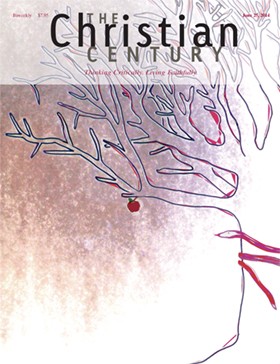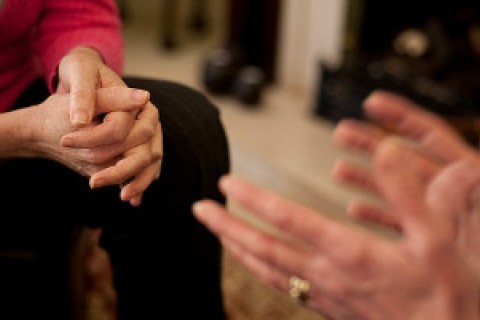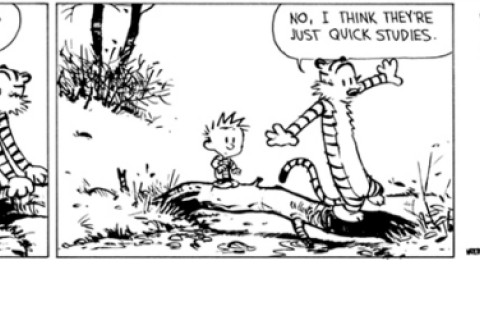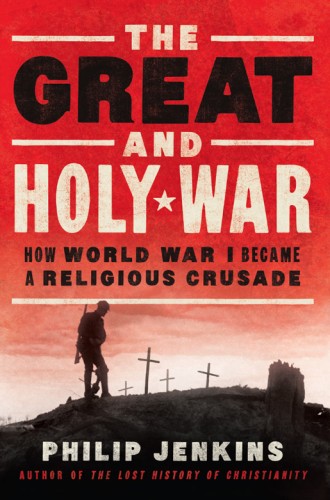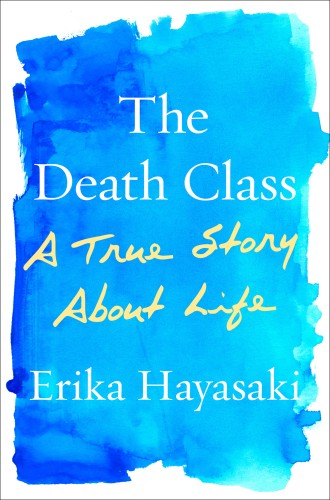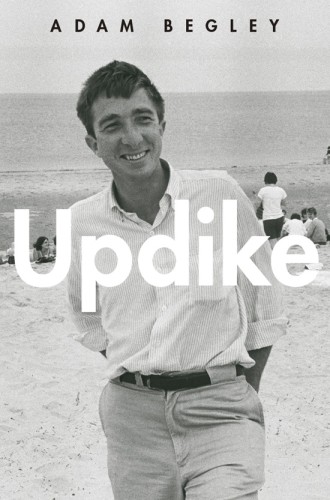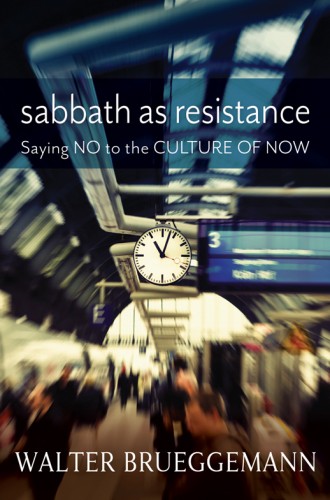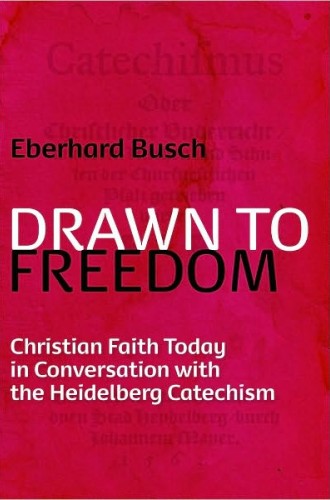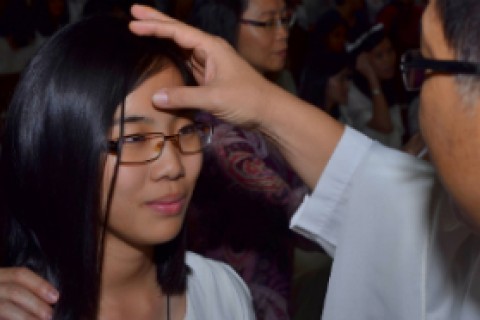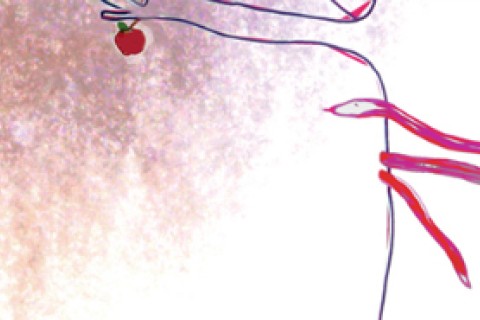Features
Why I kiss my stole: A pastor's habit of reverence
The presence of absence: Grieving and believing
Bisexual in the church: A source of disruptive conversation
Books
Christians killing Christians
Philip Jenkins vividly synthesizes a specialized historiography: World War I as a global religious conflict.
The Death Class, by Erika Hayasaki
Erika Hayasaki, having reported on a succession of traumatic events, read about a popular university class on death. She decided to enroll.
Dust, by Yvonne Adhiambo Owuor
Owuor's novel wrestles with Kenya's bitter remnants of colonialism. Yet it suggests that the future can be shaped by people who are willing to incorporate the past with honesty and integrity.
Updike, by Adam Begley
Updike's religious explorations are what make his writing so interesting, and Adam Begley explores them well. But he devotes too much space to trying to link fictional settings and characters with Updike's real life.
Subversion and hope
In two pages, you go from a simple devotional habit to being sucked into the vortex of global power plays. You must be reading Brueggemann.
Drawn to Freedom, by Eberhard Busch
In this long, freewheeling conversation with the Heidelberg Catechism, Eberhard Busch sometimes uses the document for leverage against distortions in the contemporary church, and sometimes challenges its assumptions.


